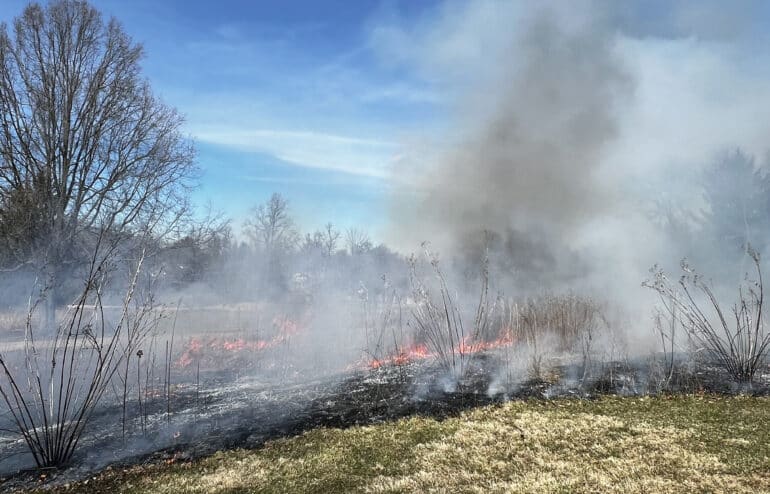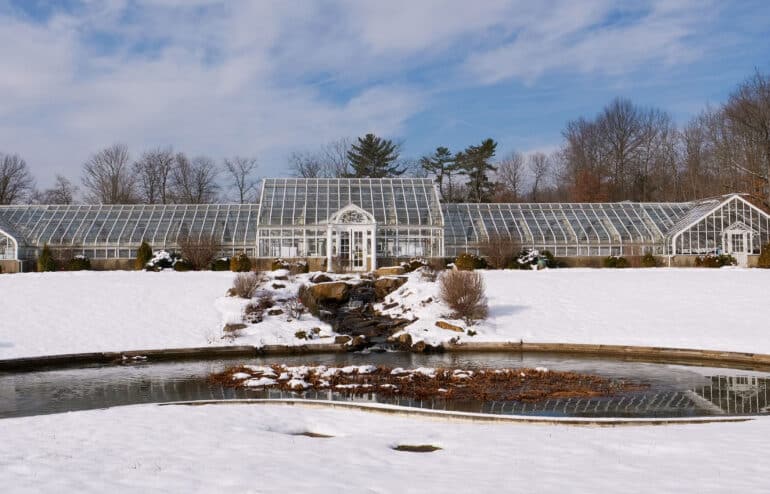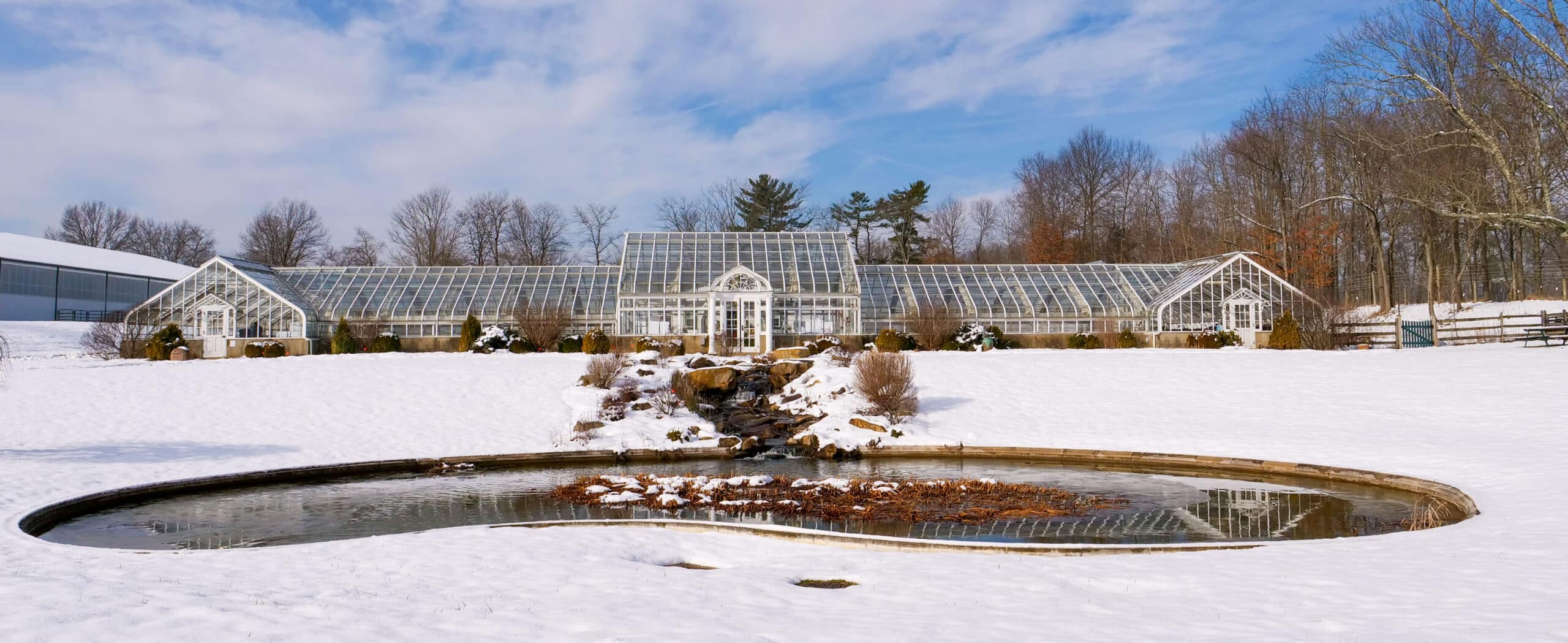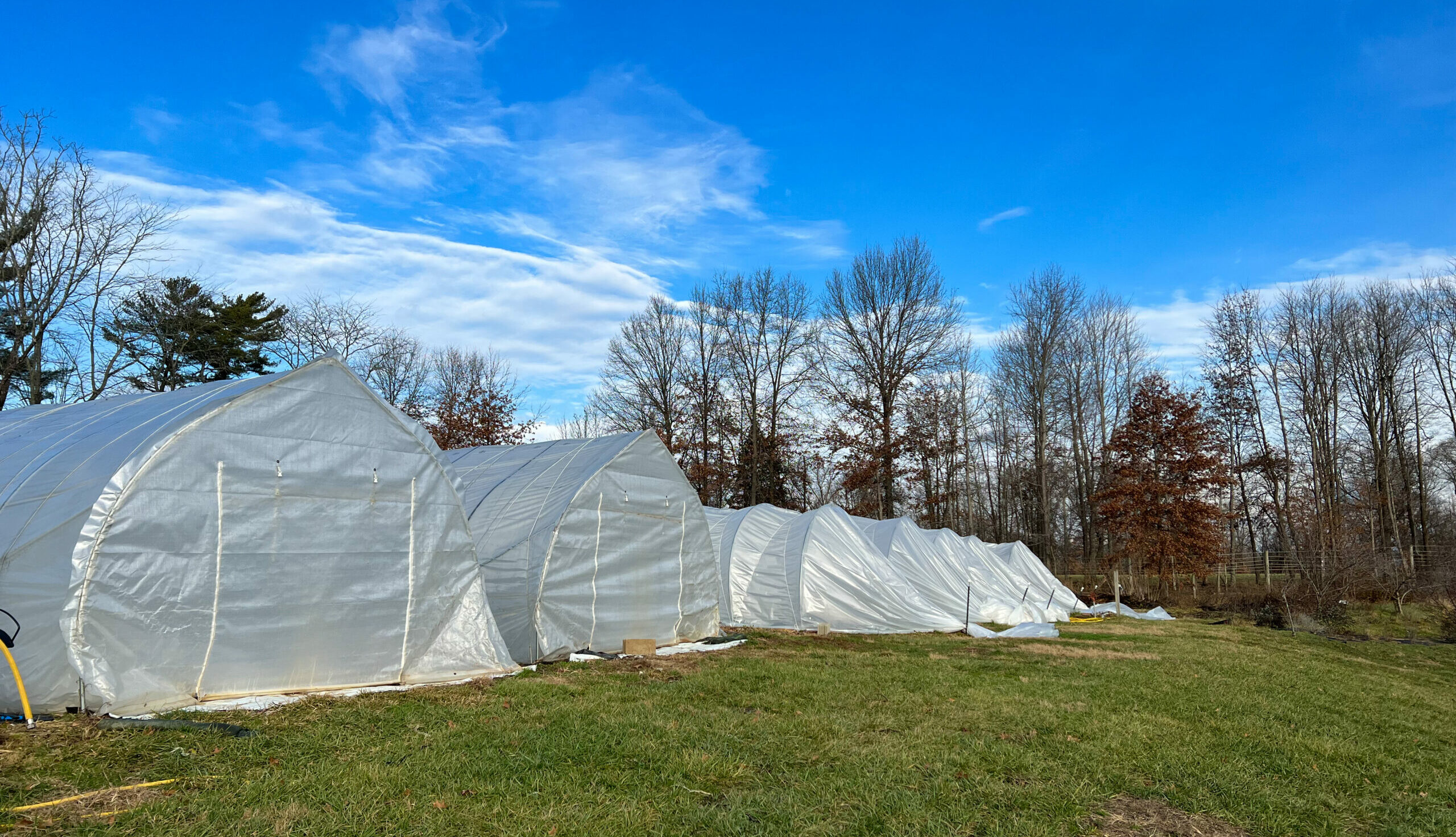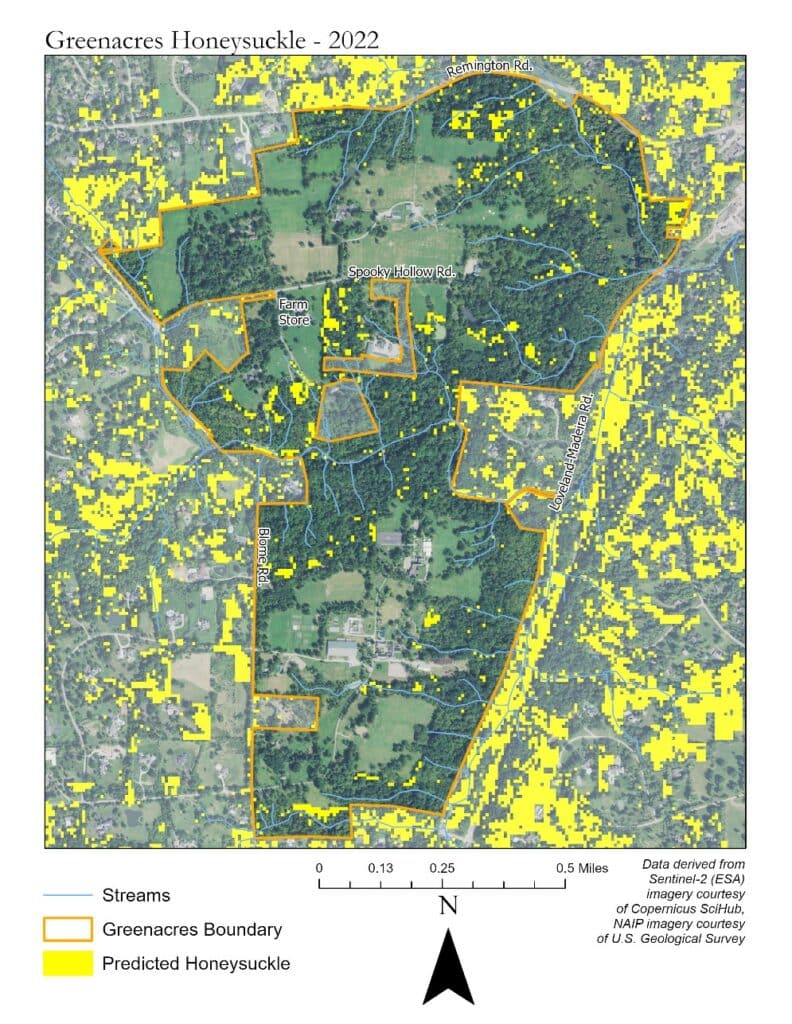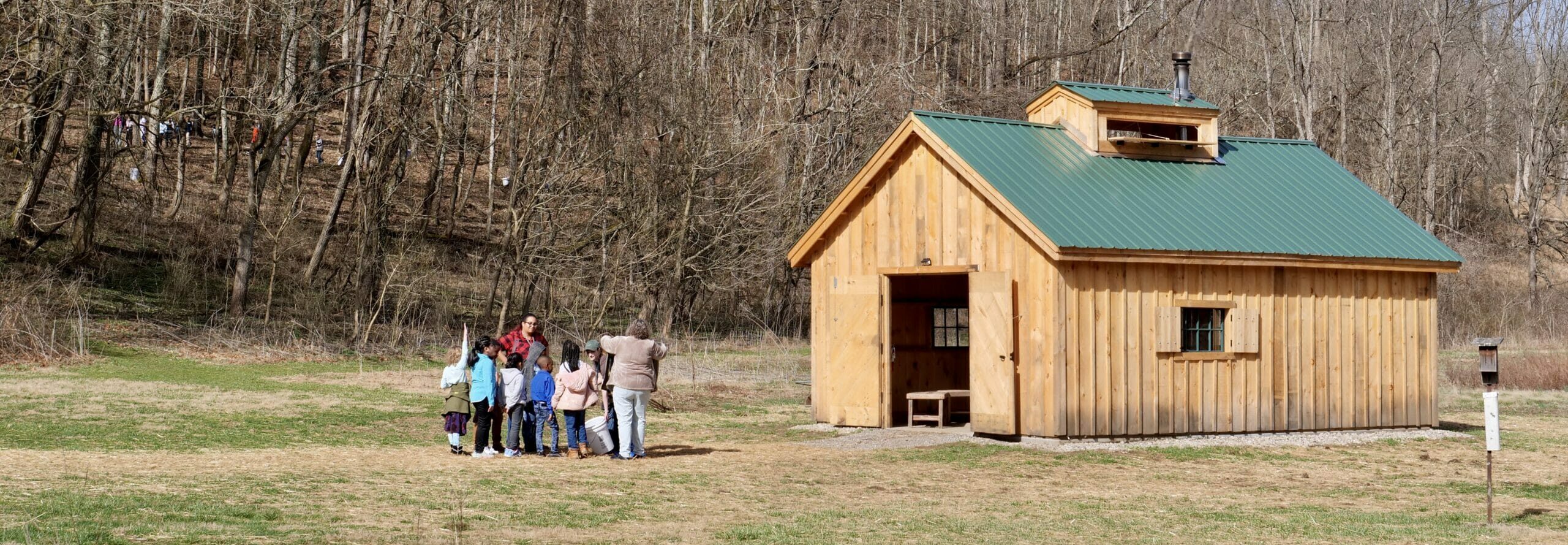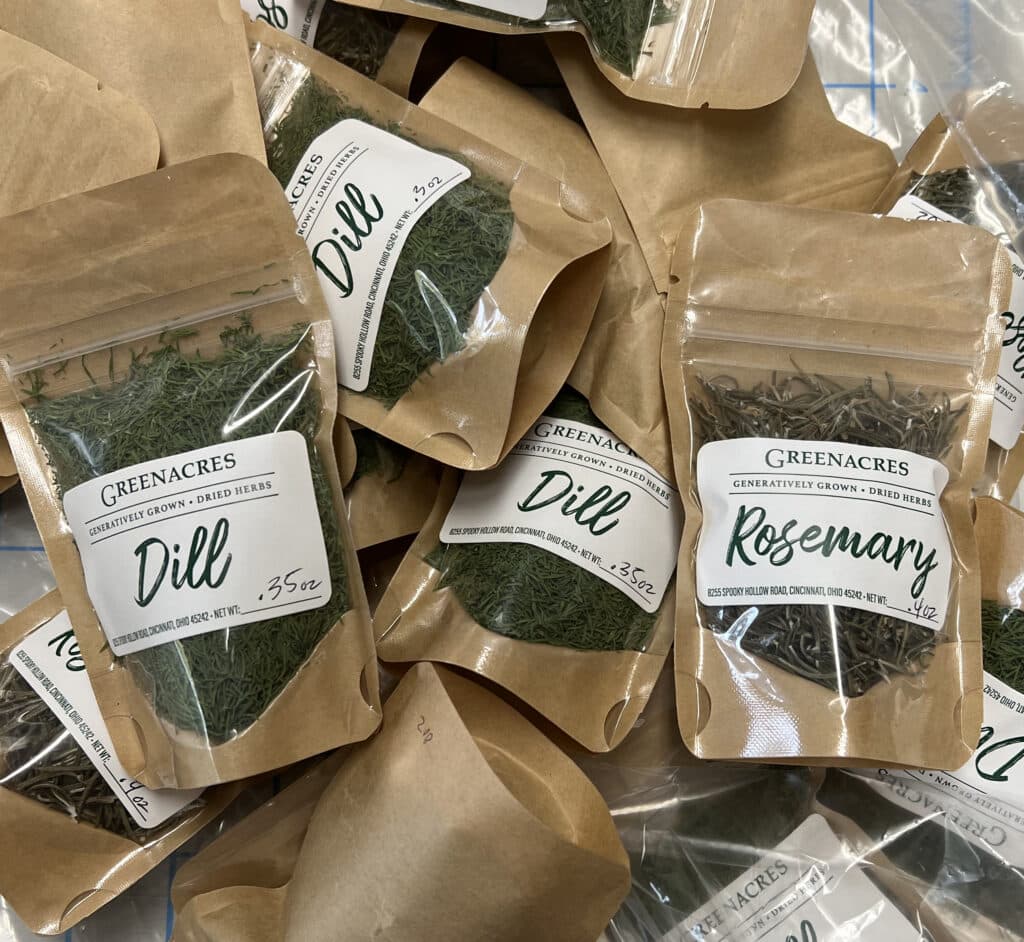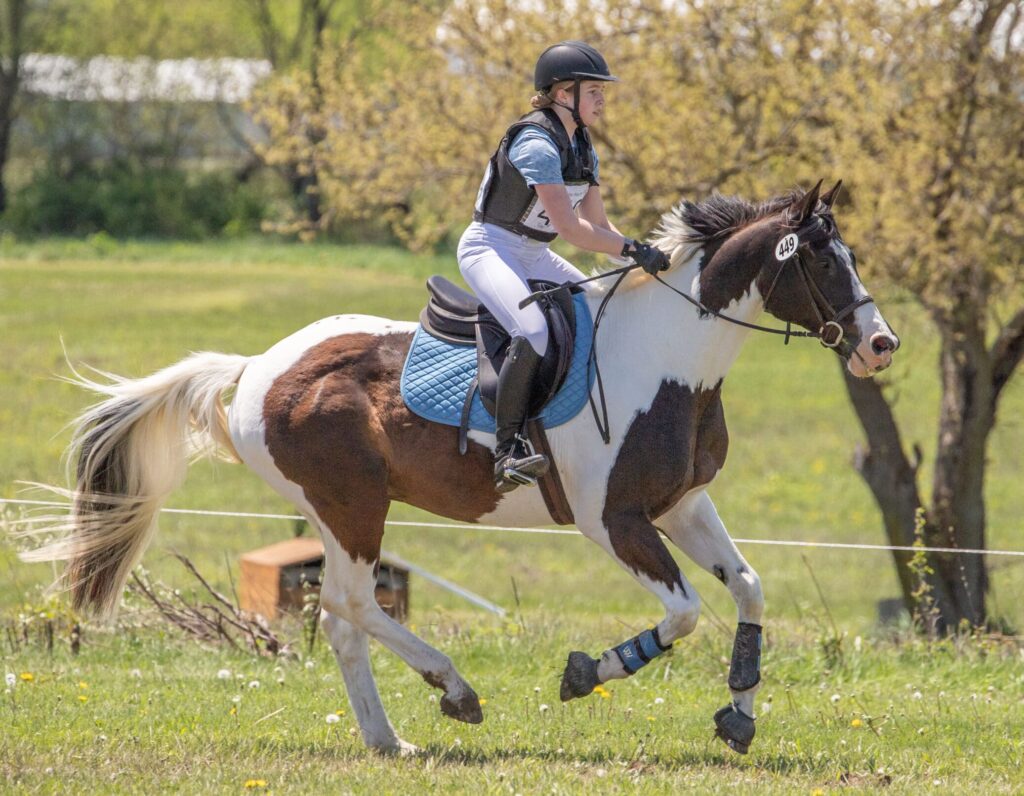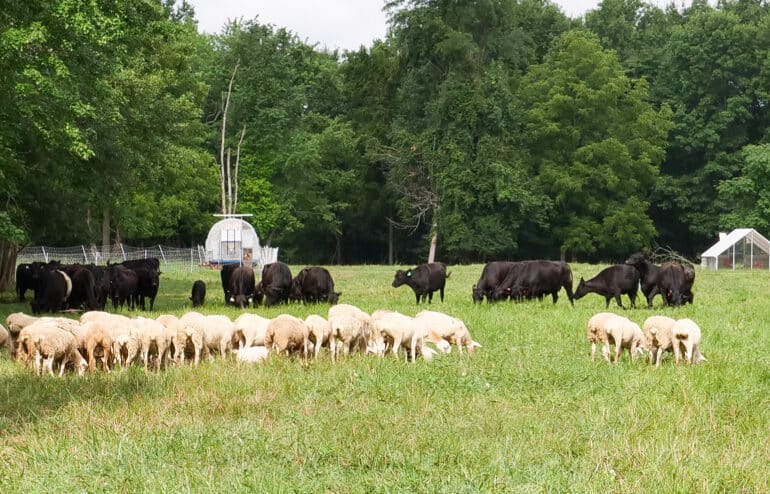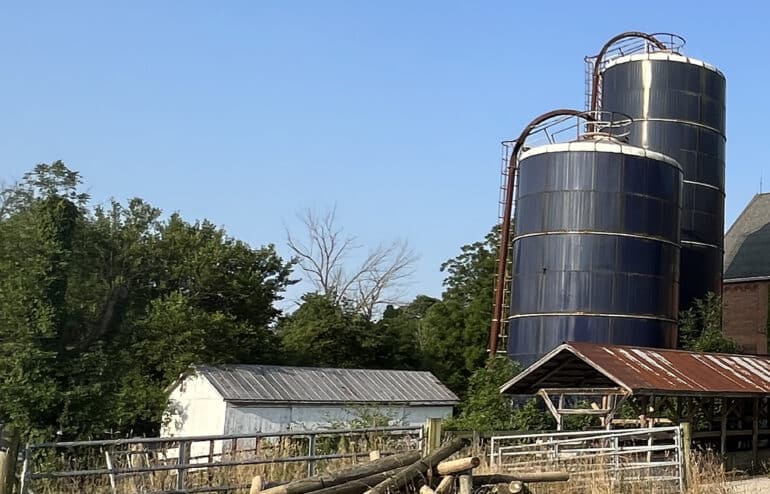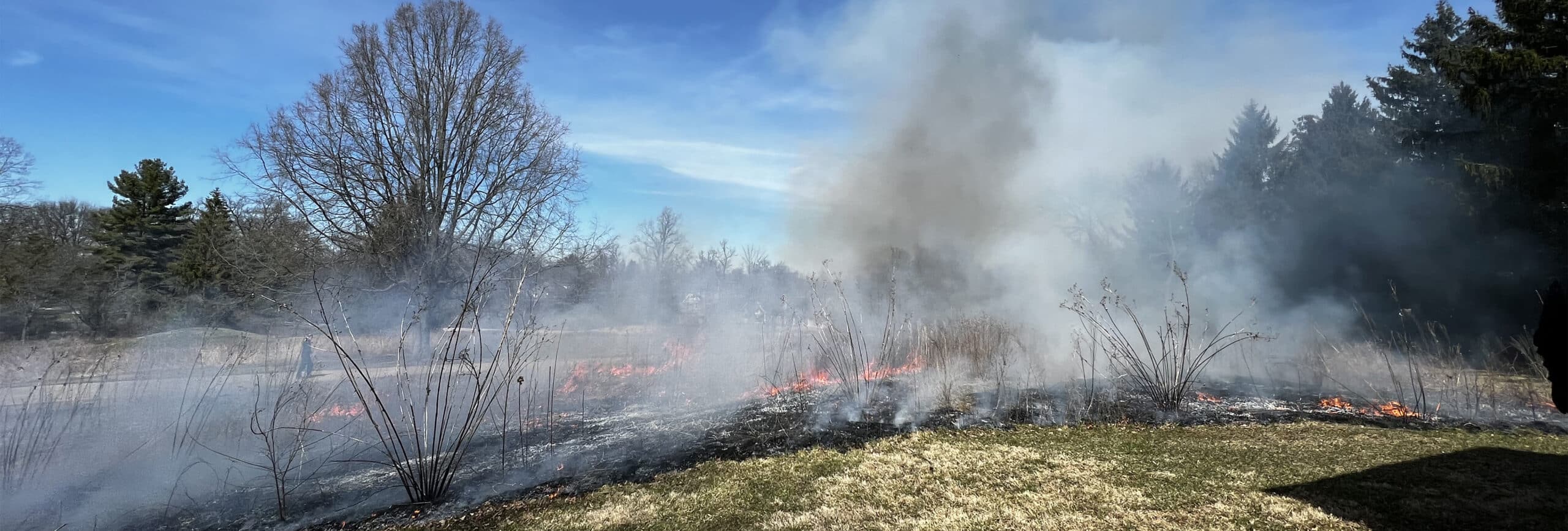
Prescribed Fire at Greenacres
Fire as a Land Management Tool
As stewards to the land gifted to us by the Nippert family, Greenacres strives to utilize the best land management practices available. Fire has always been a part of the natural world, and returning prescribed fire to our landscape is an integral part of conserving nature, for the benefit of both wildlife and humans alike. Various plant communities found on our properties are dependent on fire to create a healthy, resilient, and biodiverse ecosystem. From the wildflowers of spring and summer, to the oak trees feeding its acorns to the animals of the forest, to grasslands hosting quail – all are dependent of periodic fire to keep the ecosystem in balance.
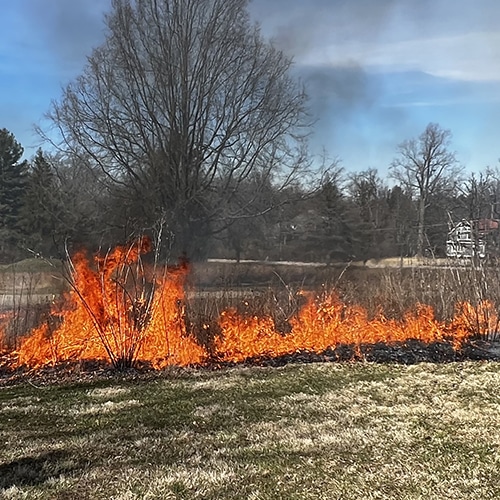

Conducting a Prescribed Burn
As a land management tool, prescribed fire requires careful planning and thorough training to ensure the safety of persons and property. Greenacres staff members who plan and lead prescribed fires are certified through the Ohio Division of Forestry and have years of experience. Staff trainings are held to ensure all those who are working these fires are knowledgeable and competent in their roles. Permits are issued through the Ohio Division of Forestry, the Ohio EPA, and local fire departments, holding Greenacres to the utmost standards while conducting prescribed fires.
Greenacres conducted two prescribed burns in Indian Hill in 2022 – for more information on those fires, please click here
If you have questions, or would like more information, please email Chris Glassmeyer at cglassmeyer@green-acres.org

